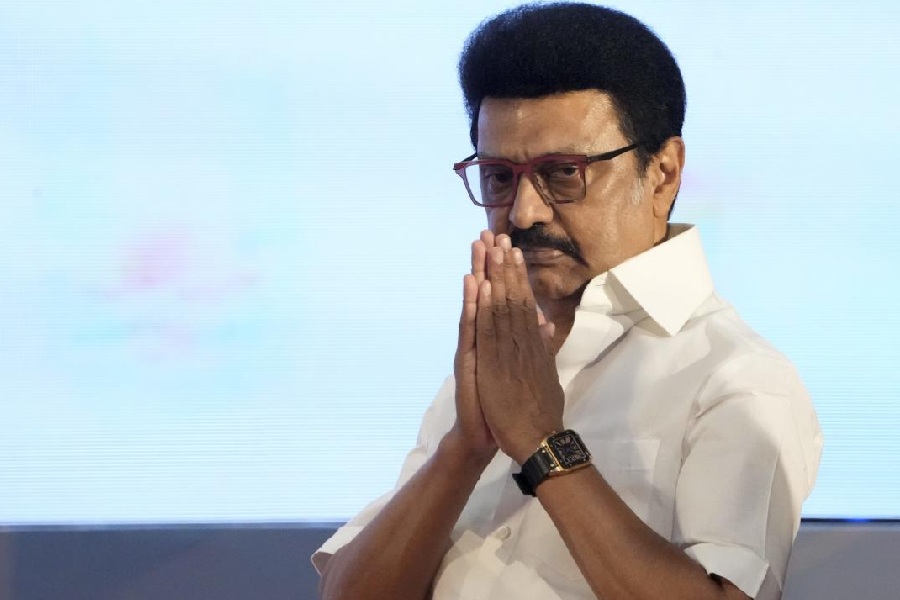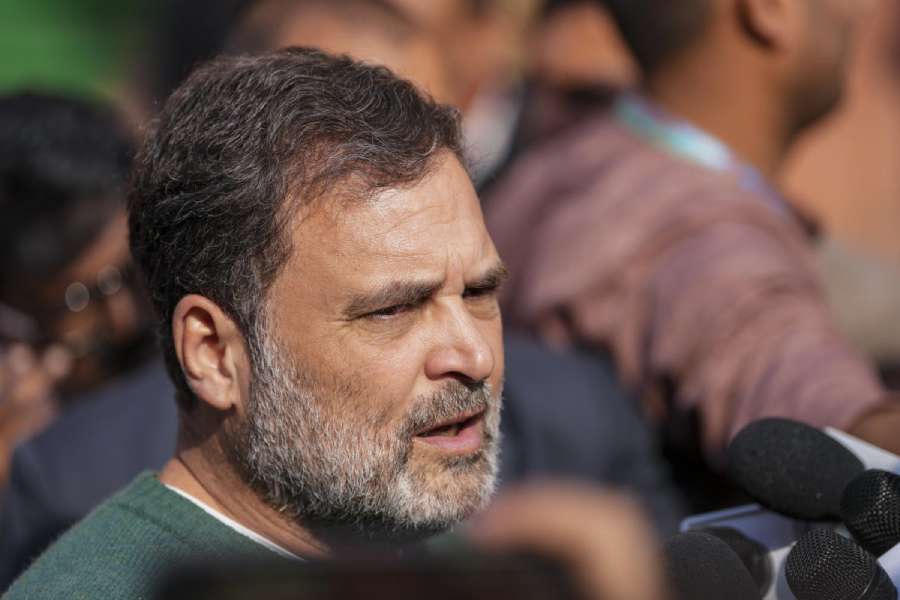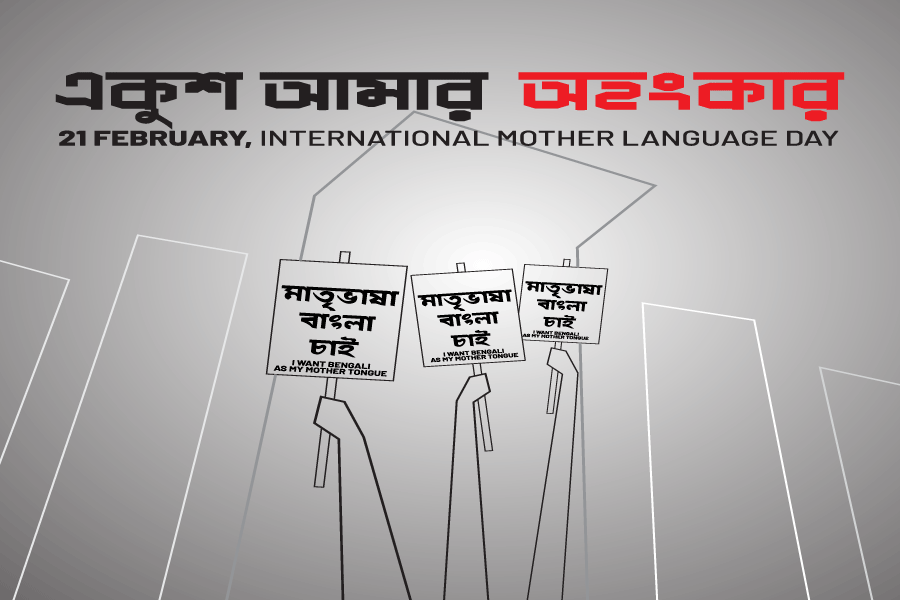Tamil Nadu chief minister M.K. Stalin on Friday wrote to his counterparts in states where Hindi is not the main language, urging them to come together and form a joint action committee (JAC) to oppose delimitation.
The number of Lok Sabha constituencies in India has remained 543 since 1973. This figure was derived from the population data of the 1971 census. Two constitutional amendments since then have rewarded states that reduced their population growth rate.
The amendments froze the number of seats as calculated on the basis of the 1971 census, thereby ensuring that states that implement family planning are not penalised by a reduction in their parliamentary seats. The second of the two amendments took place in 2001, extending the freeze on delimitation until “the figures of the first census taken after the year 2026 have been published”.
The delimitation of 2002 merely redrew the boundaries of the existing constituencies. The next census, due since 2021, is likely to be carried out next year. Hindi-speaking states are expected to gain more seats in the Lok Sabha than the southern states, which have a lower birth rate.
Stalin posted on X: “The Union govt’s plan for #Delimitation is a blatant assault on federalism, punishing states that ensured population control and good governance by stripping away our rightful voice in Parliament. We will not allow this democratic injustice!”
He said he had written to the chief ministers and heads of recognised parties in Kerala, Andhra Pradesh, Telangana, Karnataka, Bengal, Odisha and Punjab “for an uncompromising fight against this unfair exercise”.
Stalin added: “We are forming a Joint Action Committee to defend our states from being silenced…. First JAC meeting in Chennai is on March 22, 2025....”
Stalin’s DMK, the Congress, the Left, other allies and even the Opposition All India Anna DMK and actor Vijay’s Tamilaga Vetri Kazhagam attended an all-party meeting against delimitation on Wednesday.
Congress communications head Jairam Ramesh said: “No state should be penalised for its success in family planning. Kerala and Tamil Nadu were the first states in India to have success in family planning.... States that have not taken family planning seriously should not be rewarded disproportionately in terms of increases in seats.”










